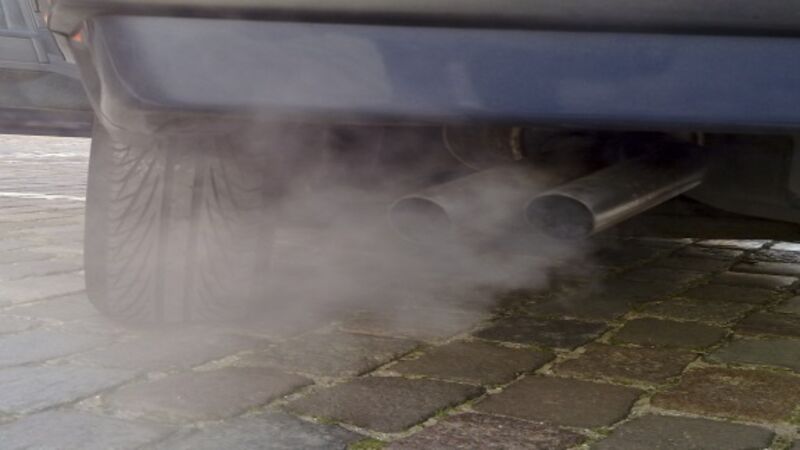Ireland expected to miss 2020 EU targets on emissions

Its EU target for 2020 is to reduce greenhouse gas emissions from the non-emissions trading scheme (non-ETS) sector by 20% on 2005 levels.
The non-ETS sector covers emissions from agriculture, transport, residential, commercial, non-energy intensive industry, and waste sectors.













